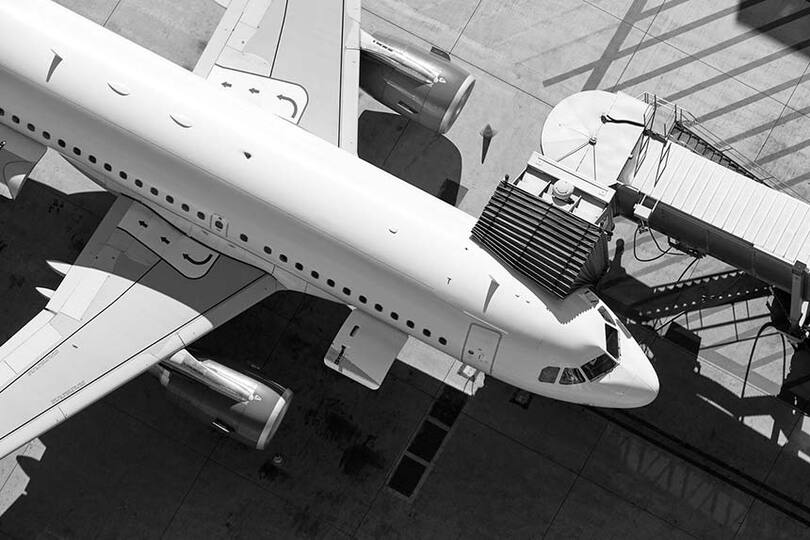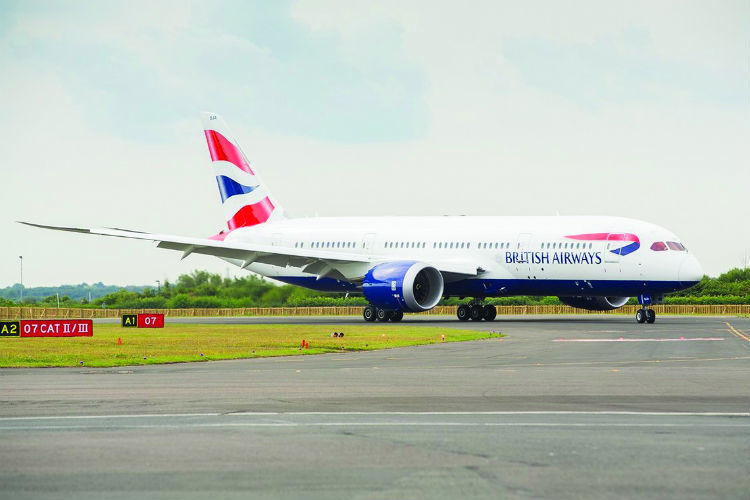Six trends the travel trade should look out for this summer
 Tom Parry
Tom ParryAfter a roaring turn-of-year across the travel sector – what might the rest of the year have in store?
Can the blistering start to 2023 possibly continue? Will rising prices push some consumers out of the market? And how can travel agents put themselves in prime position to capitalise?
In partnership with PwC, TTG brought together industry experts to explore those topics – and a whole lot more – during the Agenda 2023 Spring Breakfast in London on Tuesday (21 March).
Here are some of the key takeaways – and predictions – from panellists.
‘I’m going to bloody do it’
“Covid really put the sh*ts up some customers,” Miles Morgan, chief executive and founder of Miles Morgan Travel, told Agenda 2023 attendees as he described how his business had seen 14 record months in a row. “I have never seen anything like it, and there is no sign currently that will stop,” he said.
According to Morgan, an “I’m going to bloody do it” mindset from customers after three years of Covid-enforced delays on their travel plans had fuelled the surge in demand.
Kelly Cookes, chief commercial officer at the Advantage Travel Partnership, agreed with Morgan, telling attendees the consortium’s booking levels “haven’t really slowed down since Boxing Day” and 95% of its members were back to pre-Covid levels, while “a lot are seeing their best-ever trading”.
‘Never been better placed to succeed’
Consumers seeking reliability and expertise are flocking to agents for the first time – with Cookes and Morgan both reporting a rise in new clientele.
“We’ve seen a lot of new, and younger, clients. The reason was trust – we’re seen as a safe pair of hands. We saw a huge lift in short-haul booking in January,” said Morgan.
Cookes said Advantage had seen “an influx of new customers across the network” – but stressed the group was focused on helping members keep their new-found clients.
“We’re working on a piece at the moment about making sure agents show their value. How can you be omni-channel and support customers when you’re not in your agency?” she said.
Seat prices soar
Alan Bowen, legal advisor to the Association of Atol Companies, warned the long-haul market faced “a real issue with pricing” as increased flight costs were making some groups of consumers rethink, or try and hold out for an unlikely deal.
“There are fewer seats in the market [post-pandemic] and some customers are waiting to see if prices will go down but we don’t think it will before the end of the year,” said Bowen, adding: “If you want to go to Orlando in July, you generally have to book a year in advance. I was talking to one of our members and he said there was still seats to Orlando for this Easter – which they’d never heard of in 40 years.”
Conversely, Bowen also described how, despite strong demand, some Caribbean hoteliers were stuck with “very few bookings” due to a lack of airlift, with carriers now flying smaller aircraft than pre-Covid schedules.
Left out in the cold?
A rise in prices could also impact the “much more price-conscious” short-haul family market, according to Morgan, as he predicted a large segment of consumers could end up not booking at all this year.
“Prices have gone up significantly and people will be priced out of the market this summer,” he said.
Bowen said his litmus test for gauging consumer intentions to travel came through speaking to his local barber – who he said was planning to forego his twice-yearly breaks in Kefalonia over the cost.
David Trunkfield, hospitality and leisure leader at PwC, said the coming lates market would be “difficult and different” given a lack of capacity currently in the market.
“People used to wait and get a discount [but] if you’re used to waiting to book in June for a cheap deal – that’s going to be much more difficult to find and those people who don’t want to pay might not want to go this year,” he said.
“Big operators are putting seats in for summer and winter, so it’s not as much a problem as it is in the long-haul market,” said Cookes. “But I think a lot of customers are waiting to see what their bank balance looks like and how much they’ve got to spend [before making a booking]. What’s important is their desire to travel and there are still good prices out there.”
Buy now, don’t pay later?
The rising cost of holidays could lead some companies to offer more ‘buy now, pay later’ options as they look to seal deals with hesitant bookers, panellists said, although there was caution over how to approach the policy.
“It’s a balance between how badly you want to take that booking and how realistic is it that the booking will depart. It’s no good chasing numbers as we all know the money from a booking isn’t yours until that customer has travelled,” said Cookes.
Bowen said he was “not convinced it’s a good idea or a sensible way forward”, while Morgan warned agents to “make sure you’re not a busy fool” and not to engage with would-be customers whose bookings may not materialise.
“Spend your time appropriately. We don’t want to attract clients who might book, or might not. They’re more price-conscious, so they’re probably going to shop around more – that affects your margin and your time.”
Eyes on 2024
Looking to the future, Trunkfield said he believed 2024 would also prove a “good year” for the industry despite a number of uncertainties for consumers and the sector to tackle.
“Why can 2024 be a good year? Inflation should be way down by the end of this year but the big unknown is whether energy prices will come down and that is still quite volatile,” he said. “We had a mild winter this year but if next winter is bad, then prices could go back up.
“It will also depend on how much capacity starts coming back into the market and how quickly. At the moment margins are really strong,” he added.
Morgan said he believed 2024 would be “the last Covid-impacted year” for the industry, and those who miss out this summer could look to secure their holidays early for the following year.
Sign up for weekday travel news and analysis straight to your inbox

Tom Parry
Supplier Directory
Find contacts for 260+ travel suppliers. Type name, company or destination.
















